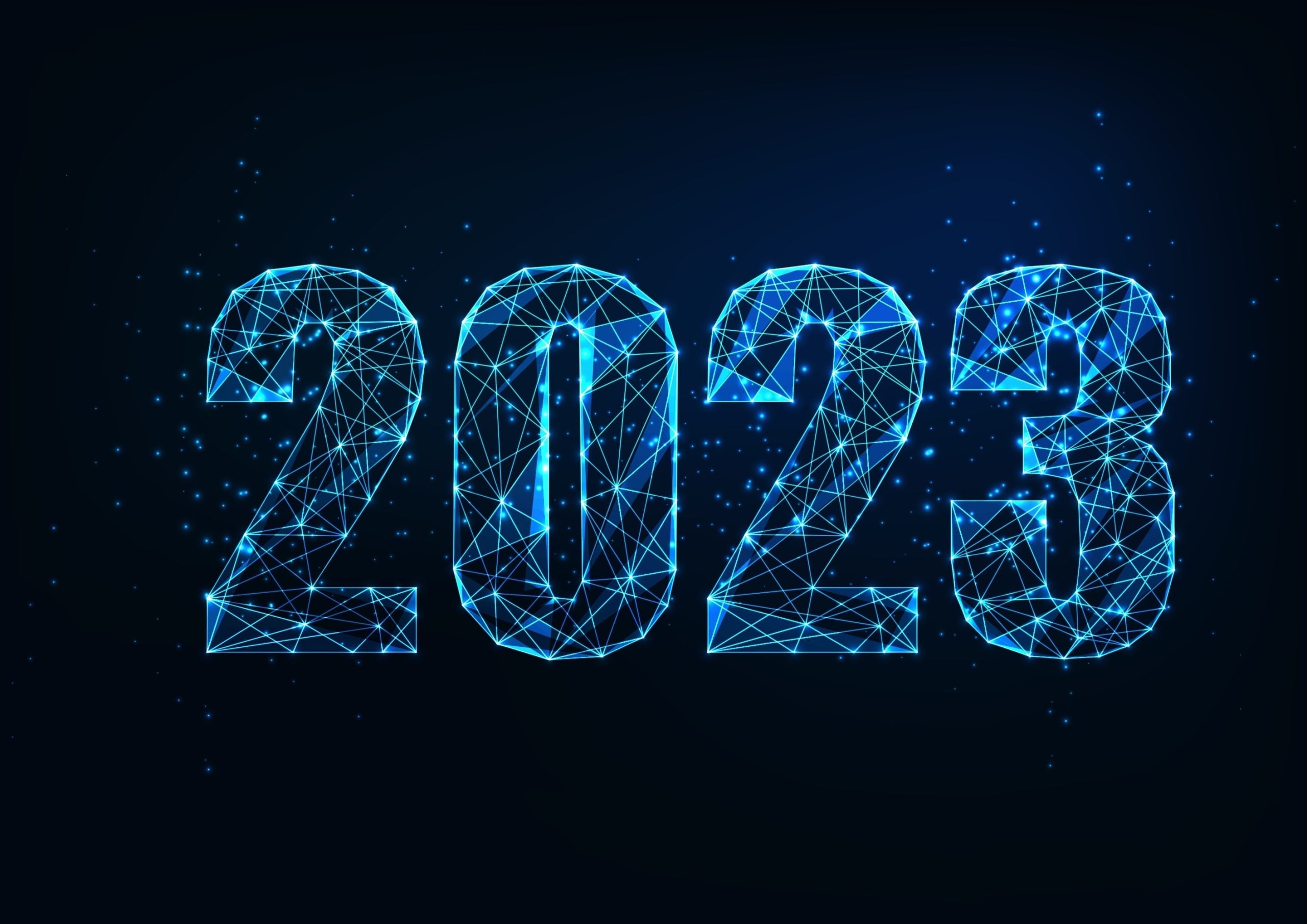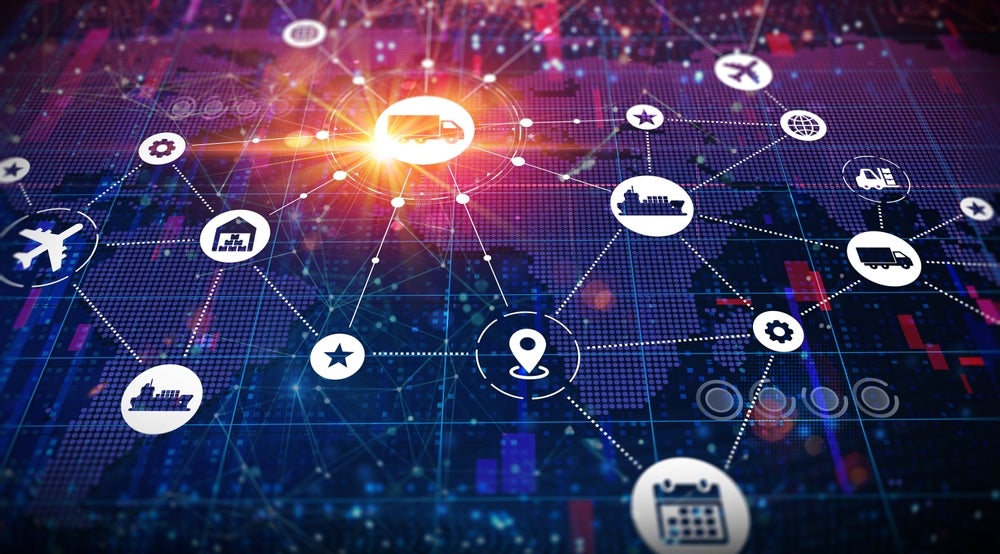
As 2023 draws to a close The Accountant and International Accounting Bulletin looks back at key deals, partnerships, and alliances the Big Four made with tech firms in the last year.
Heading into 2023, generative artificial intelligence (AI) was emerging as a key technological trend, and the past year has seen accountancy firms swiftly invest and deploy the technology in their professional services.
As the Big Four remain dominant, a quickly evolving tech landscape coupled with how each chooses to invest in and utilise emerging technologies over the next five to ten years will impact their growth trajectories significantly.
Currently, recent declarations of revenue show that Deloitte is still leading the Big Four, announcing $65bn in global revenue for the fiscal year ending in May 2023, followed by PwC with $53bn, EY with $49bn and KPMG with $36bn.
This year showed firms continued investment and utilisation of new technology with industry leaders such as Google’s Cloud, Microsoft and IBM continuing to be vital partners across the Big Four.
PwC
How well do you really know your competitors?
Access the most comprehensive Company Profiles on the market, powered by GlobalData. Save hours of research. Gain competitive edge.

Thank you!
Your download email will arrive shortly
Not ready to buy yet? Download a free sample
We are confident about the unique quality of our Company Profiles. However, we want you to make the most beneficial decision for your business, so we offer a free sample that you can download by submitting the below form
By GlobalDataIn March PwC announced a strategic alliance with Harvey, an AI startup built on OpenAI’s ChatGPT. PwC states that its exclusive access (among the Big Four) to this technology will be used to assist in legal work and that it is working towards developing use cases for tax.
Laura Hinton, PwC’s Tax and Legal leader, said that PwC was “keen to be at the forefront of market developments.”
She continued: “Integrating Harvey into our tax and legal work with care will help us further differentiate what we do for clients.”
Elsewhere, PwC announced a strategic alliance with Starling Bank’s subsidiary Engine, a software-as-a-service banking platform, and continued its alliance with Google Cloud as the premier sponsor of the 2023 Google Cloud Next London event. The firm also continued its alliance with accounting software provider Sage.
KPMG
KPMG also prioritised investment into AI, with an expansion of its relationship with Microsoft that will put “AI at the forefront of professional services”. Allowing its global workforce the use of Microsoft Cloud and Azure OpenAI Service, KPMG stated that its five-year, multi-billion-dollar commitment has the potential to offer a growth opportunity of over $12bn for the company. KPMG plans for the technology to be used in its core business areas, assisting professionals in audit, tax, and advisory matters.
This year, KPMG joined IBM’s quantum network, gaining access to the tech giant’s global quantum computing network. KPMG stated this access will be leveraged by the firm to solve problems and generate future technology solutions. It also expanded its alliance with Google Cloud with a new five-year investment allowing the firm to ‘strengthen’ its utilisation of cloud technologies in the UK Market.
Deloitte
During the year, Deloitte announced two major expansions in alliances with Google Public Sector and Intel. Utilising generative AI, Deloitte and Google Public Sector will be launching a new selection of solutions using Google Cloud’s machine learning and generative AI combined with Deloitte’s engineering capabilities to help government and higher education clients via constituent engagement, geospatial planning, and advanced data analytics.
Deloitte’s expanded alliances with Intel are utilising AI, with Deloitte now leveraging Intel’s Granulate AI workload optimization software. Later in the year, Deloitte also extended its alliance with ServiceNow, integrating Now Assist’s generative AI capabilities to aid with managed services.
EY
Despite news in May of EY not progressing in its plans to split its audit and advisory arms, the firm has been very busy elsewhere making an array of alliances across a variety of technologies.
To aid EY Tax professionals, the firm utilised Microsoft’s Azure Open AI service across the EY Tax Copilot programme to improve the firm’s tax platforms that handle payroll and indirect tax. Also harnessing AI for HR-related matters, EY and IBM launched EY.ai workforce which integrated AI into key HR processes.
In the realm of sustainability, EY’s alliance with industrial software provider Aspen Technology was motivated by wanting to help clients in the industrial and energy markets both meet sustainability targets and resource demands, while EY’s collaboration with SAP will help its clients to streamline their carbon footprint and financial data reporting.
More broadly in technology, EY allied with Moody’s Analytics, which provides financial intelligence and analytic tools, cybersecurity firm Blue Voyant and EIS a Digital Insurance Platform Provider, as well as joining IBM’s Quantum Network alongside KPMG.






